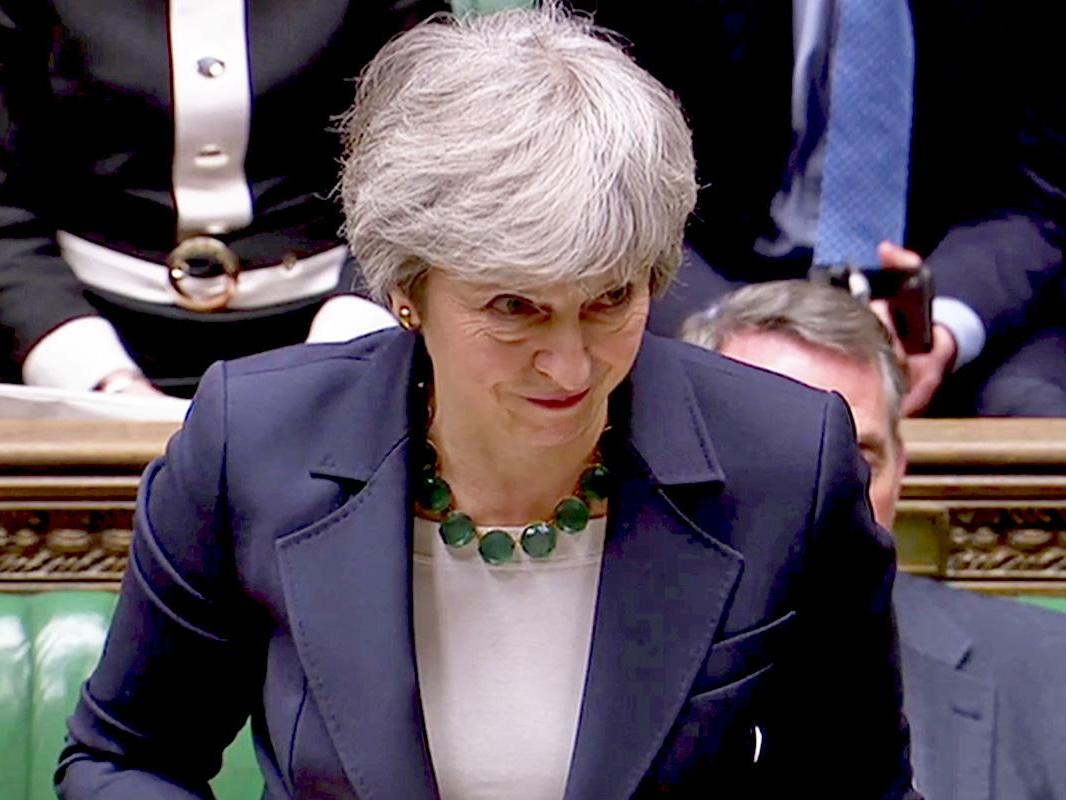Why is Theresa May able to ask the House of Commons to vote on the same deal over and over again?
Analysis: As the prime minister confirms that she intends to put her Brexit deal to parliament next week for a third time, John Rentoul looks at the rules


Chris Bryant, the Labour MP and historian of parliament, insists that the rules of the House of Commons prevent the prime minister from repeatedly putting the same proposal to the vote.
He tabled an amendment that “ordered” the government not to put its Brexit deal to a further vote of MPs next week. In it he quotes the authority on parliamentary procedure, Erskine May: “A motion or an amendment which is the same, in substance, as a question which has been decided during a session may not be brought forward again during that same session.”
The problem is that, as Captain Barbossa explained when Keira Knightley tried to appeal to the pirate code in the Pirates of the Caribbean sequel, “the code is more what you’d call guidelines than actual rules”.
How do you define a change “in substance”? Theresa May had a reasonable case on Tuesday, when she asked the Commons to vote again on her Brexit deal. The withdrawal agreement and the political declaration were the same documents that had been rejected by a record 230-vote margin in January, but this time they had new documents attached.
The opinion of Geoffrey Cox, the attorney general, was that “the joint instrument and the declaration provide a substantive and binding reinforcement of the legal rights available to the UK”.
That argument might be a bit thinner next week, but the government will produce new documents and possibly new legal advice from Cox, so it will argue that MPs are once more voting on a new proposition.
It would then be up to John Bercow, the speaker, to rule as to whether or not it was “in order” for the government to seek another vote. Bercow’s independence of the government is well known, and has caused friction, but I do not believe he would rule against the prime minister on a question as important as this.
There are two other principles in Erskine May that might influence him. One is that his rulings should help the Commons to reach a decision. The other is that it is for MPs themselves to decide in difficult cases.
In the end Chris Bryant didn’t press the amendment to a vote because he knew it would lose. If MPs as a whole do not agree with him that the prime minister should be banned from putting her deal to another vote, then that is what our sovereign House of Commons has decided.
Got an unanswered question about Brexit? Send it to editor@independent.co.uk and we’ll do our best to supply an answer in our Brexit Explained series
Join our commenting forum
Join thought-provoking conversations, follow other Independent readers and see their replies
Comments